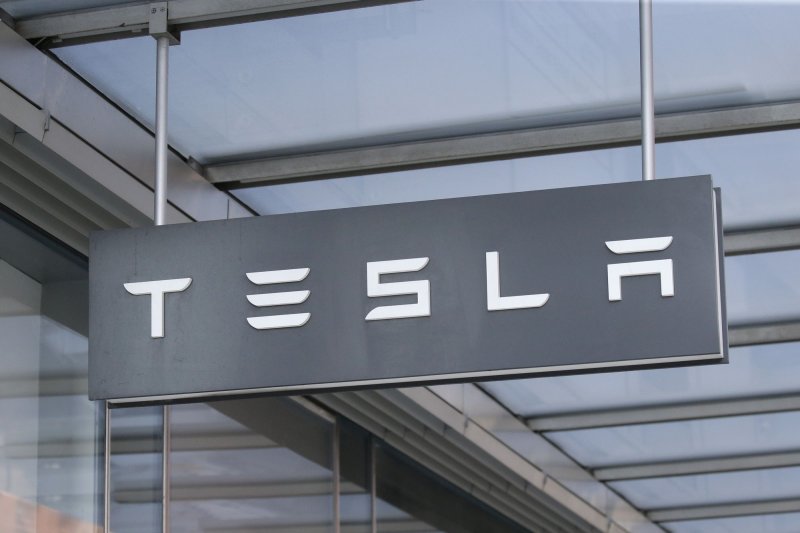Black workers at Elon Musk’s Tesla were allegedly called the N-word and “monkey” while Klu Klux Klan references calling for Black people to be killed were scrawled all over bathroom walls, the U.S. government alleged in a lawsuit Thursday. File Photo by John Angelillo/UPI |
License Photo
Sept. 28 (UPI) -- Black workers at Elon Musk's Tesla were allegedly called the N-word and "monkey" while Klu Klux Klan references calling for Black people to be killed were scrawled all over bathroom walls, the U.S. government alleged in a lawsuit Thursday.
The U.S. Equal Employment Opportunity Commission filed a federal lawsuit against the electric car maker claiming that Black employees had endured "widespread and ongoing" racial harassment at Tesla's manufacturing plant in Fremont, Calif., since at least 2015.
Before filing the lawsuit, the commission had invited Tesla to join in informal methods of conciliation to eliminate illegal employment practices and provide relief but was unable to secure an agreement with the company.
Non-black perpetrators called their Black colleagues and subordinates the "N----r" and "N---a" variants of the racial slur "almost every day," according to the lawsuit obtained by UPI.
"The racial misconduct was frequent, ongoing, inappropriate, unwelcome and occurred across all shifts, departments, and positions, including but not limited to the Production Associate position," the lawsuit reads.
The government said non-Black managers and employees, mostly White men, engaged in the behavior.
"Hey, [n----r] can you hand me that?" the government provided as an example of just one instance the slur was used. Some workers even made monkey sounds at Black workers.
Tesla's Black employees have also been racially stereotyped and called "lazy" and "smelly" because of their skin color.
"Throughout the relevant period, Black employees also encountered displays of racist graffiti, including swastikas, threats, and nooses," the lawsuit reads. "They found such graffiti on a variety of surfaces, including on desks, in elevators, and on equipment, including vehicles rolling off the production lines."
The government said Musk's company "should have known about the aforementioned slurs" and that supervisors and managers witnessed the conduct but "failed or refused to intercede."
"Black employees reported the slurs, insults, graffiti and misconduct to Tesla's human resources, employee relations, and managerial personnel," the government said.
"Despite having actual or constructive knowledge of racial harassment and misconduct, Tesla failed and refused to take steps to address the behavior. Tesla failed to investigate complaints of racial misconduct. Tesla failed to adopt policies or practices to ensure that its temporary workforce did not perpetrate racial harassment at the Fremont Factory."
Tesla has even been accused of firing Black employees within weeks of reporting racial harassment, a protected activity. Other Black workers were retaliated against with schedule changes, reassignments and unjustified wright-ups.
"After I voiced my unhappiness, I started getting written up for every little thing that was acceptable before like listening to music while working," one worker told the commission.
The lawsuit seeks compensatory and punitive damages, and back pay for the affected workers, as well as injunctive relief designed to reform Tesla's employment practices to prevent such discrimination in the future.
"The allegations in this case are disturbing," said Roberta L. Steele the regional attorney for the EEOC district office in San Francisco.
"No worker should have to endure racial harassment and retaliation to earn a living six decades after the enactment of Title VII."















